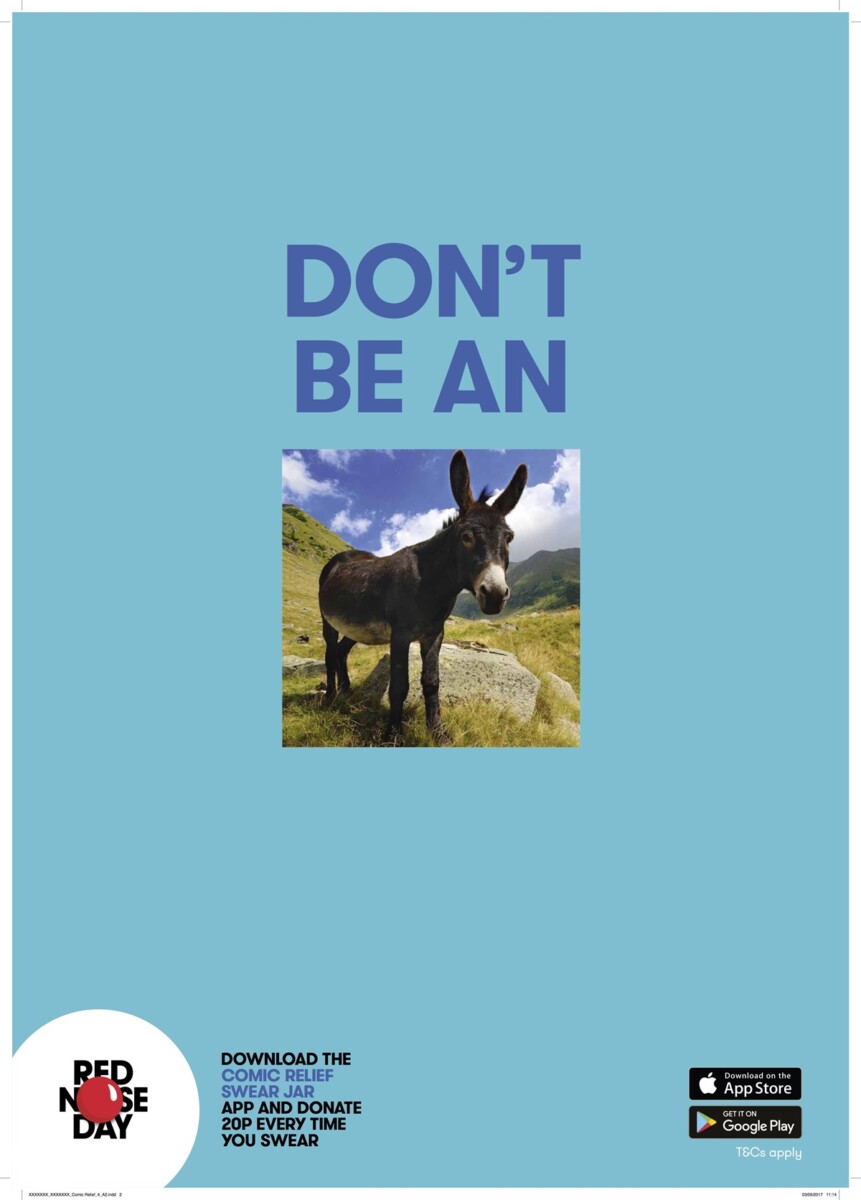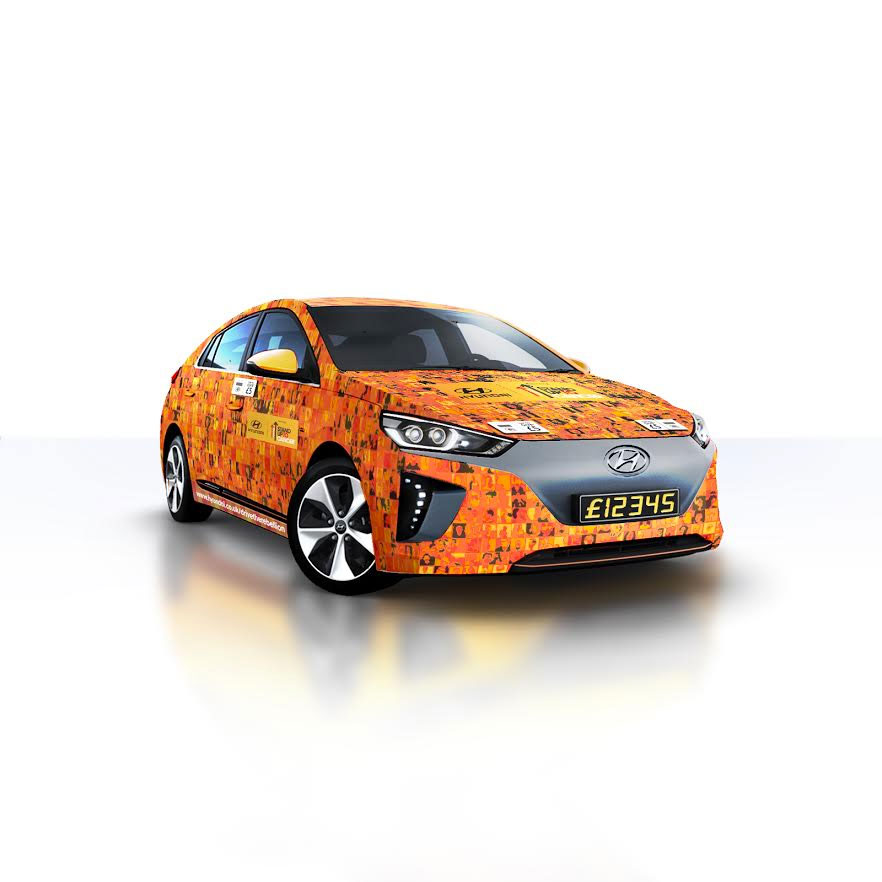Mobile gamers help CRUK in citizen science cancer research
Cancer Research UK is inviting smartphone users to play their new mobile game Play to CureTM: Genes in Space, and donate some of their time to help scientists analyse cancer data.
Available to download for free now from the Apple App Store and Google Play, Play To Cure turns gamers around the world into citizen scientist volunteers.
Gameplay
[quote align=”right” color=”#999999″]Together, our free moments will help bring forward the day when all cancers are cured[/quote]
Players find themselves flying a spaceship along a hazard-strewn intergalactic assault cause. They have to collect the valuable material that is ‘Element Alpha’, avoiding and destroying asteroids along the way.
The more of Element Alpha that you collect, the more credits you receive, which you can use to enhance the power and defences of your spaceship.
In the process, however, gamers are helping to analyse and feed back scientific data to Cancer Research UK scientists, which they will use to help find genetic faults which can cause cancer.
Hannah Keartland, who runs the citizen science project at Cancer Research UK, said of Genes in Space: “Every single second gamers spend playing our Smartphone game directly helps our work to beat cancer sooner. Our scientists’ research produces colossal amounts of data, some of which can only be analysed by the human eye – a process which can take years.
“We urge people to give two minutes of their time wherever and whenever they can – whether they’re on their daily commute or in the hairdressers having a blow dry. Together, our free moments will help bring forward the day when all cancers are cured.”
Other citizen science
Cancer Research UK’s first citizen science project is Cell SliderTM, where people are asked to classify breast cancer samples to help scientists better understand breast cancer risk and response to treatment.
Advertisement
How Genes in Space was created
The game was developed at a weekend GameJam in July 2013 at which Cancer Research UK was joined by developers from Amazon Web Services, Facebook and Google and by academics, scientists, gamers and designers.
In 48 hours they produced 12 prototypes from which the final game was developed.








